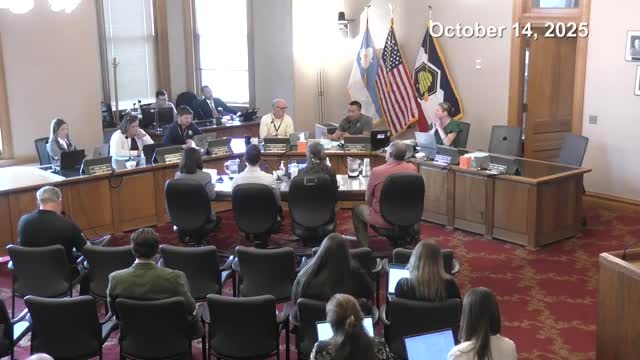CRA board approves Salt Lake Central Housing & Transit Reinvestment Zone interlocal agreement with 80% tax increment participation
Get AI-powered insights, summaries, and transcripts
Subscribe
Summary
The board approved an interlocal agreement to implement the Salt Lake Central Housing and Transit Reinvestment Zone (HTRZ). The HTRZ will collect an 80% tax‑increment participation rate with an aggregate cap of $370 million over a 28‑year period and requires 12% of units in project area developments be affordable at specified AMI levels.
The Salt Lake City Community Reinvestment Agency Board adopted a resolution approving the Salt Lake Central Housing and Transit Reinvestment Zone interlocal agreement, authorizing tax‑increment participation to support redevelopment in the Rio Grande district centered on Salt Lake Central Station.
Staff said the HTRZ plan approved by the state committee requires that 51% of the area include residential uses at a minimum average of 50 units per acre and that 12% of units in the zone be affordable (3% at 60% AMI and 9% at 80% AMI). The HTRZ covers roughly 116.71 acres across two phases. Each phase will collect tax increment for 25 years; staff said the total collection period across the two phases is 28 years. The HTRZ committee set the participation rate at 80% (per state code) and applied a cap of $370,000,000 on total tax increment the area may receive over the collection period.
Staff emphasized that eligible uses of tax increment are limited to parking, affordable housing, enhanced residential costs (for example, additional costs associated with greater building heights such as structural engineering, elevators and structured parking), and utility and streetscape infrastructure improvements. Staff also noted the HTRZ is centered on a front‑runner station, which affects process under state law.
Action and vote: Board member Duggan moved the resolution; board member Petro seconded. The motion passed unanimously (6–0) with board member Lopez Chavez absent.
Why it matters: The interlocal agreement enables long‑term tax‑increment financing to support a large, transit‑oriented redevelopment area around Salt Lake Central Station. Staff said funds will be used to support infrastructure, parking and affordable housing to incentivize higher transit use and mixed‑use development in the Rio Grande District.
Next steps: Staff will send the phase‑1 project trigger notice before the end of 2025 to begin collecting tax increment in 2026 and will send a phase‑2 notice before 2028 to begin collections in 2029. The CRA will also return to the board and the City Council for action as required by the state code and the local agreement.
